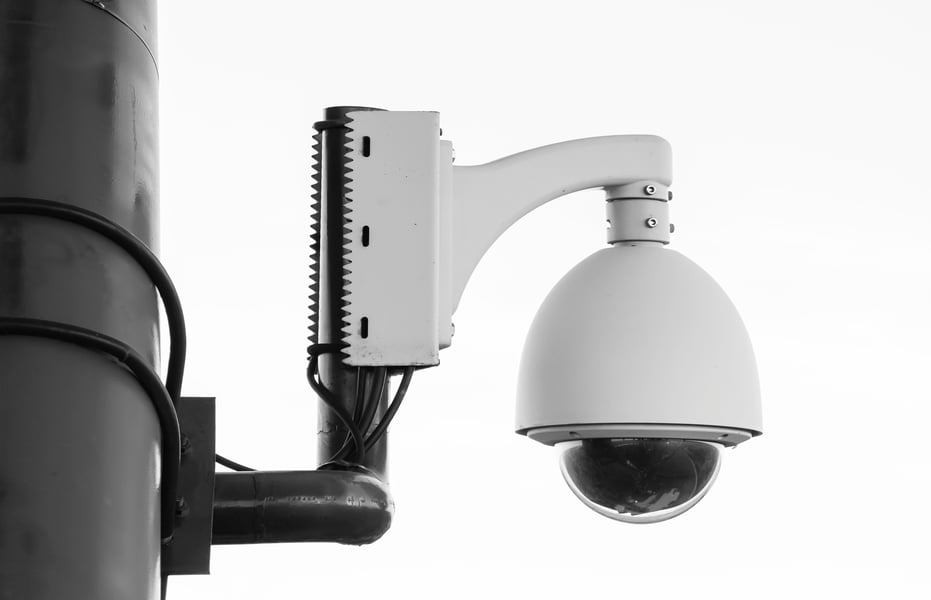
The future of CCTV surveillance is undoubtedly in IP-based systems. IP (internet protocol) CCTV technology works by turning images and audio into data which is then transmitted over a network or internet connection. This is quickly taking over older analogue systems in which the cameras transfer video signals in analogue form, usually using coaxial cables with video being recorded by a DVR (Digital Video Recorder).
Delve into the differences between the two, and it becomes clear why IP is quickly becoming the front-runner:
The problems with analogue
Image quality and coverage: The frame rate of analogue cameras is significantly lower than that of IP, so they won't work well in area with lots of motion or that need to be seen in detail. You'll likely find that images come out grainy or blurry and you certainly won't be able to digitally zoom in. Combine all of this and you may find that the images your record are about as useful as a sack of potatoes in a time of need. Analogue cameras also tend to have a small field of view, so you'll likely need multiple analogue cameras to cover the area that one IP camera would.
More hardware: Each analogue camera would require a separate power source as well as a cable per camera to connect to the DVR.
Poor security: Older analogue systems lack encryption, potentially putting your business information at risk and your signal in danger of being replaced.
Why choose IP?
Image quality and coverage: Even the least effective IP cameras are miles ahead of the best analogue cameras when it comes to picture quality. IP cameras will allow you to zoom in on details even after a scene is recorded without losing any clarity. They'll also capture a much wider field of view than analogue cameras, so you'll probably need fewer cameras to do the job.
Cabling infrastructure: IP cameras can usually be deployed with no need for major re-cabling as the same LAN network infrastructure can be utilised . Wireless and fiber links can also be utilised seamlessly.
Ease of installation: IP cameras can generally be powered over the same network cable by simply connecting them to a POE (Power over Ethernet) capable network switch. Not only does this simplify the installation process, it also eliminates the need for a separate power source at the site of each camera.
Security: Video recorded on IP cameras in encrypted and authenticated so transmission is totally secure.
Video Analytics: An IP system will allow you to set your network to flag particular 'events' that may occur in the cameras' field of view. This could include missing objects, motion detection or even tampering with the camera itself. Your network will be able to tell you exactly when these events occurs, saving you the effort of searching through hours of footage.
The choice is clear
Ultimately IP CCTV systems are dominating the market and for good reason. With their feature-rich and comprehensive set of tools, they're the clear front-runner for any business looking to install a new CCTV system and worth every penny to keep your staff, customers and premises safe.
Need more advice on what's what with CCTV? Get in touch to find out how we can help keep your business secure.
